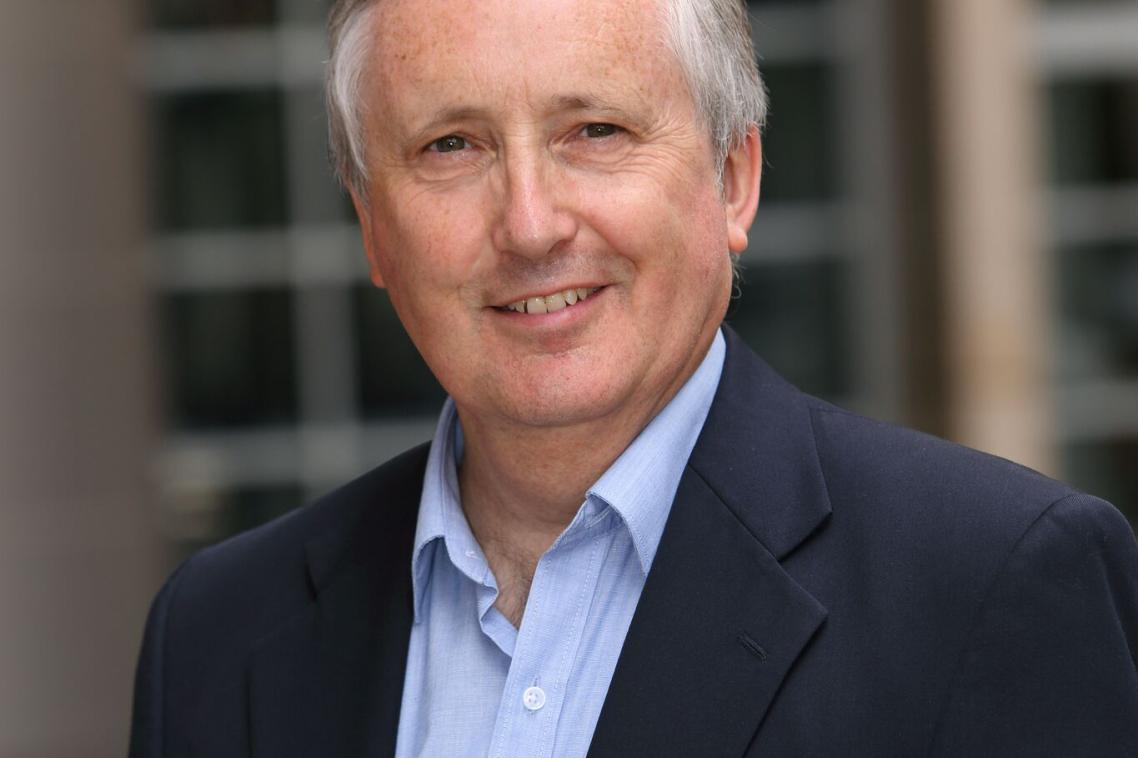Scientists serve up a nutrition revolution

A group of scientists has called for nutrition to be declared a national science and research priority and for the establishment of a ‘trusted voice’ to provide credible evidence-based nutritional information.
The University of Queensland’s Professor Mike Gidley, who chairs the National Committee for Nutrition established by the Australian Academy of Sciences, said nutrition was of critical importance to enable Australians to lead more productive lives.
“We are in the midst of a revolution in biology which is reshaping how we think about our bodies, health, the economy and the environment,” Professor Gidley said.
“Our bodies contain more bacteria and other microbes than they do human cells, and the critical role these microbes play in regulating our physical and mental health is one example of how recent advances are transforming nutrition and health, as well as providing new opportunities for industry.”
Professor Gidley said the ability to measure the trillions of microbes in our digestive tract – and how the gut microbiome interacts with food and our immune system – has only been available for the last five to 10 years.
“This presents a grand challenge for the nutrition sciences, which is to understand the body as a whole system and the real-time consequences of how we process and metabolise the food that we eat.”
The Academy recently released the ‘Nourishing Australia’ plan, proposing that nutrition be listed as a national research priority.
The plan also calls for increased national data capability on nutrition to provide robust evidence for policy-makers, more studies on cause-and-effect mechanisms underpinning diet-related diseases, and growth in the agri-food and ‘nutritech’ sectors.
“There are companies developing nutritech apps and tools that will measure dietary intake patterns and nutritional status in all sorts of new ways –comparable to the way fitness apps now measure steps walked, calories burned and sleep quality,” Professor Gidley said.
“This will give us much more accurate information about what Australians are really eating because at the moment we have to rely on self-reporting and observational studies, which are not ideal.”
“Australia is a very diverse country and we really need to fill the gaps in our knowledge about what people consume as part of their daily food and drink intake.”
The establishment of a ‘trusted voice’ is another key plank of the plan, along with professional communications to counteract incorrect information posted on social media.
“One day we are told that a study says coffee is good for you, the next day we are told it’s bad for you,” Professor Gidley said.
“There really needs to be a credible body that is not affiliated with commercial interests that Australians can trust for dietary advice, to counteract all the noise we hear on both social and traditional media.”
Media: Professor Mike Gidley, +61 7 336 52145, m.gidley@uq.edu.au; Margaret Puls, m.puls@uq.edu.au, +61 (0) 419 578 356.
Topics
Related articles

Flowering discovery could lead to more reliable mungbean yields

Unlocking the sublime in native Australian citrus
Media contact
UQ Communications
communications@uq.edu.au
+61 429 056 139
